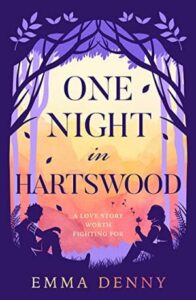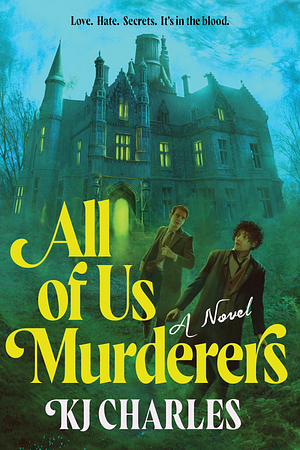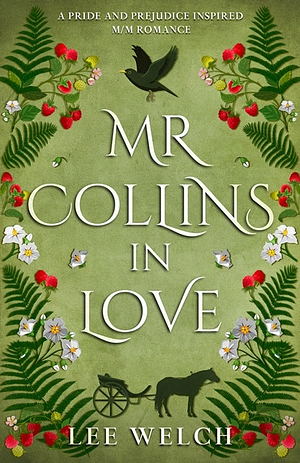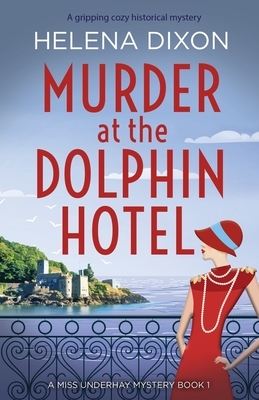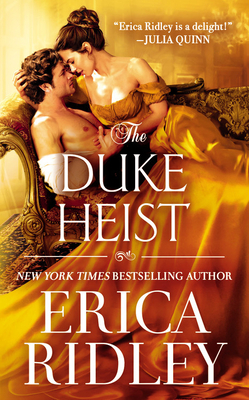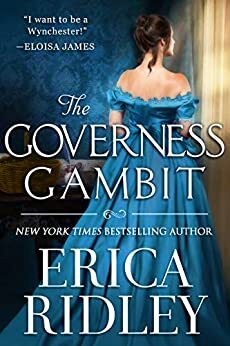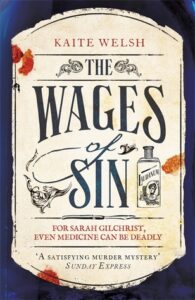
The Wages of Sin
by Kaite Welsh
Genres: Crime, Historical Fiction, MysteryPages: 308
Series: Sarah Gilchrist #1
Rating:

Synopsis:Sarah Gilchrist has fled from London to Edinburgh in disgrace and is determined to become a doctor, despite the misgivings of her family and society. As part of the University of Edinburgh's first intake of female medical students, Sarah comes up against resistance from lecturers, her male contemporaries, and - perhaps worst of all - her fellow women, who will do anything to avoid being associated with a fallen woman...
When one of Sarah's patients turns up in the university dissecting room as a battered corpse, Sarah finds herself drawn into Edinburgh's dangerous underworld of bribery, brothels and body snatchers - and a confrontation with her own past.
Kaite Welsh’s The Wages of Sin is historical fiction, set in Edinburgh with one of the first groups of women to study for a medical degree there. The main character, Sarah, is in disgrace — the only reason she’s been allowed this opportunity anyway, since otherwise she’d be married and in society — and rather an outcast even from her group of outcasts.
That means she has relatively little help/support when she realises that the body on her slab for dissection is actually a girl she met in the process of her volunteering work at a clinic for very poor people, and that she has been murdered. She then proceeds to poke her nose into everything, often very injudiciously, and makes some terrible assumptions and takes a bunch of stupid risks.
This is not to excuse her professor/potential love interest’s behaviour toward her, but she does literally accuse him of murder, so it’s not too surprising that he lashes out in return, threatening her with exposure.
All in all, I found it a pretty rough read, because Sarah was raped, and blamed for her own rape, and it also slowly becomes clear that she was subjected to medical abuse including forced sterilisation. It gives her a strong drive to help other women, and it all makes sense, but it wasn’t pleasant reading and just isn’t really what I’m into when I read mysteries.
Definitely recommended for those who like something grittier and realistic, though.
Rating: 3/5 (“liked it”)

